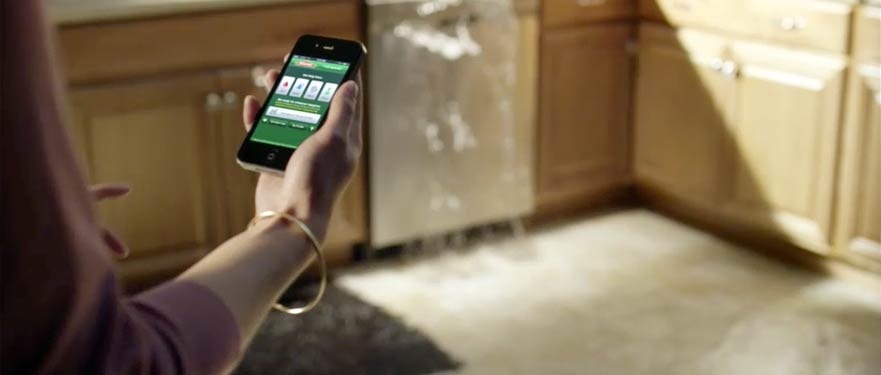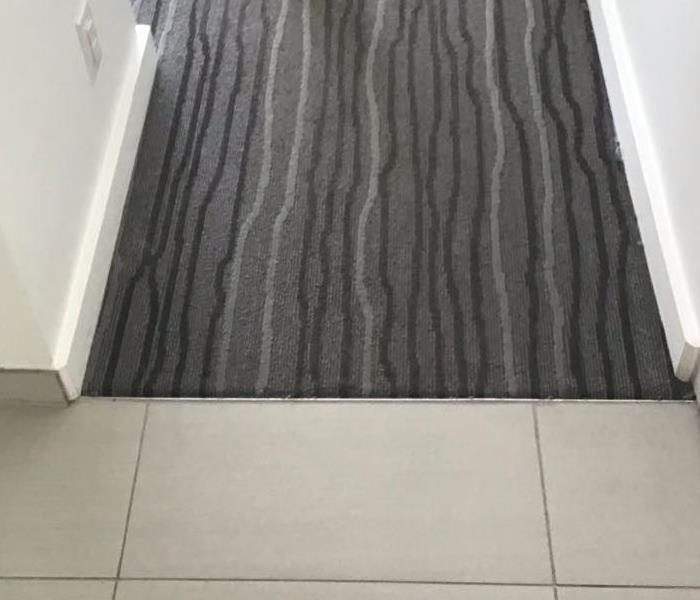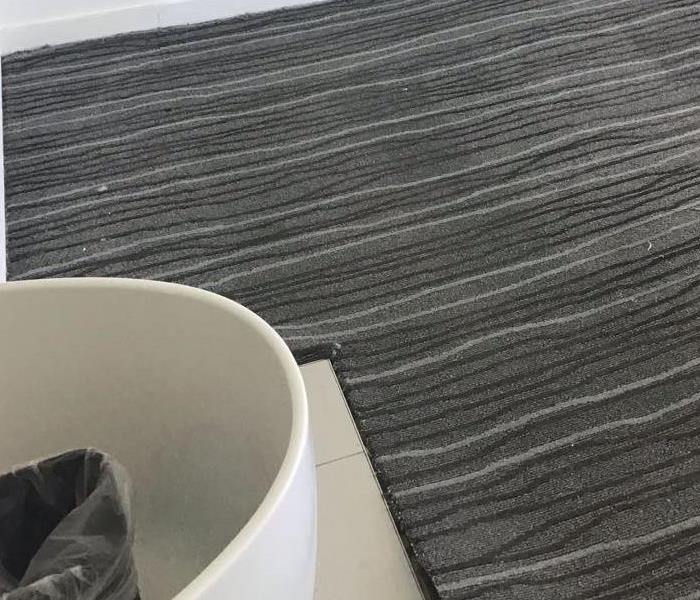
Water Damage Emergency Tips
What you can do until help arrives
Water Tips | Fire Tips | Biohazard Tips | Mold Tips
The best tip for water damage is also the simplest one: avoid it before it happens. In order to do so, maintenance will be the key. Getting a plumber’s inspection would be the most efficient but depending on your location and general structure of the system price might become a factor. Those that feel skilled, can do it yourself. Pressure check test gauge can be purchased online for a few dollars. It is recommended to replace washer hoses every 4 to 5 years and those are also fairly inexpensive, fridge hose, if your fridge has one, is also affordable. The rest water connectors need a visual inspection for leaks, rust, debris, and mechanical condition. Let's be honest, we never do these things, but once done, it can save a lot of money and headaches. But if you even find yourself in need, we are here for you 24/7. Contact SERVPRO of Hawaii/Maui to schedule an appointment.
Have A Water Damage Emergency? Call (808) 329-6560
What To Do After Flooding
- Remove excess water by mopping and blotting.
- Wipe excess water from wood furniture after removal of lamps and tabletop items.
- Remove and prop wet upholstery and cushions.
- Place aluminum foil or wood blocks between furniture legs and wet carpeting.
- Turn air conditioning on for maximum drying in summer.
- Remove colored rugs from wet carpeting.
- Remove art objects to a safe, dry place.
- Gather loose items from floors.
What NOT To Do After Flooding
- Don't leave wet fabrics in place. Hang furs and leather goods.
- Don't leave books, magazines or other colored items on wet carpet or floors.
- Don't use your household vacuum to remove water.
- Don't use television or other household appliances.
- Don't turn on ceiling fixtures if ceiling is wet, and keep out of rooms where ceilings are sagging.






 24/7 Emergency Service
24/7 Emergency Service




